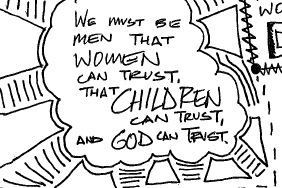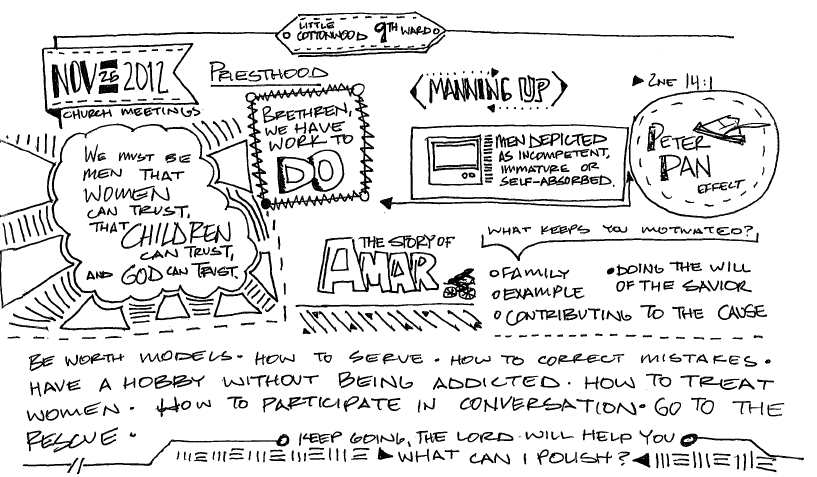Elder D. Todd Christofferson spoke on the importance of temple an family history work and what it says about our testimony of the Savior. He said,
“The principle of vicarious service should not seem strange to any Christian. In the baptism of a living person, the officiator acts, by proxy, in place of the Savior. And is it not the central tenet of our faith that Christ’s sacrifice atones for our sins by vicariously satisfying the demands of justice for us? As President Gordon B. Hinckley has expressed: “I think that vicarious work for the dead more nearly approaches the vicarious sacrifice of the Savior Himself than any other work of which I know. It is given with love, without hope of compensation, or repayment or anything of the kind. What a glorious principle.”8 [“Excerpts from Recent Addresses of President Gordon B. Hinckley,” Ensign, Jan. 1998, 73.]”
…
Our anxiety to redeem the dead, and the time and resources we put behind that commitment, are, above all, an expression of our witness concerning Jesus Christ. It constitutes as powerful a statement as we can make concerning His divine character and mission. It testifies, first, of Christ’s Resurrection; second, of the infinite reach of His Atonement; third, that He is the sole source of salvation; fourth, that He has established the conditions for salvation; and, fifth, that He will come again.”
…
“By identifying our ancestors and performing for them the saving ordinances they could not themselves perform, we are testifying of the infinite reach of the Atonement of Jesus Christ”
“The Redemption of the Dead and the Testimony of Jesus”
October 2000 General Conference


You must be logged in to post a comment.